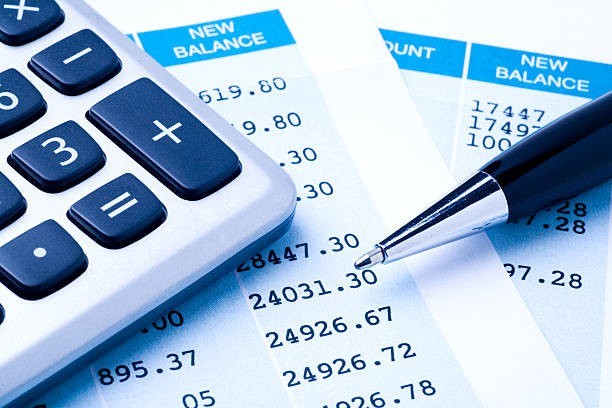The Importance of Keeping Accurate Records for Tax Season

Every year, tax season rolls around, bringing its own set of challenges. One key to navigating this period smoothly is keeping accurate records. This isn’t just about good housekeeping; it’s about ensuring compliance and avoiding errors. An international tax accountant knows that precise records can mean the difference between a seamless tax process and a stressful one. Organizing documents and receipts can help identify deductions, verify income, and prevent overpayment. Having well-maintained records can also protect against audits. By keeping everything in order, one gains a clear view of financial health. This practice allows timely filing and reduces the risk of mistakes. It simplifies the task of preparing returns and answering any queries that might arise. Proper record-keeping isn’t just for big businesses. It’s crucial for individuals and small business owners alike. In the end, meticulous records provide peace of mind. This makes tax season a little less daunting.
Why Accurate Records Matter
Accurate records are the foundation of any tax filing process. They help ensure that all income and expenses are accounted for and reported correctly. Without accurate records, one might miss out on deductions and credits or end up paying more than necessary. It also helps in proving the legitimacy of claims if questioned by the tax authorities.
According to the Internal Revenue Service (IRS), businesses must keep records to prove their income, expenses, and credits. Records should be clear, complete, and organized to facilitate easy retrieval during an audit or when needed for reference.
Types of Records to Keep
To maintain a comprehensive record-keeping system, consider the following categories:
- Income: Keep track of all sources of income, including wages, business income, dividends, and interest.
- Expenses: Document all business or work-related expenses. This includes receipts, invoices, and any related documentation.
- Assets: Record purchases and sales of assets. Include the purchase price, date of acquisition, and any depreciation taken.

How to Organize Your Records
Organizing records can seem daunting, but breaking it down into manageable steps can help. Here are three strategies:
- Use digital tools: Digital apps and software can simplify the process. Scan documents and store them in cloud-based services for easy access.
- Set a regular schedule: Dedicate a specific time each week to update and organize records.
- Create a filing system: Use labeled folders or digital categories to separate different types of records.
Comparison of Record-Keeping Methods
| Method | Pros | Cons |
|---|---|---|
| Manual Paper Filing | Simple, no technical skills needed | Prone to lose or damage, requires physical space |
| Spreadsheet Software | Easy calculations, organized data | Risk of data loss without backup, manual data entry |
| Accounting Software | Automated, detailed reports, cloud storage | May require a learning curve, costs involved |
Maintaining Records for the Long Term
It’s important to know how long to keep records. Generally, the IRS recommends keeping tax records for at least three years. For certain situations, such as claiming a loss from worthless securities, records should be kept for seven years. Consult the IRS guidelines for more specific recommendations.
Conclusion
Keeping accurate records for tax season is not just about ticking boxes. It’s a strategic approach to financial health. It minimizes stress, maximizes deductions, and ensures compliance with tax laws. By understanding the importance of records, one can take proactive steps to stay organized. This simplifies the tax process and provides long-term benefits. With clear and precise records, tax season can become a manageable part of annual financial planning.











